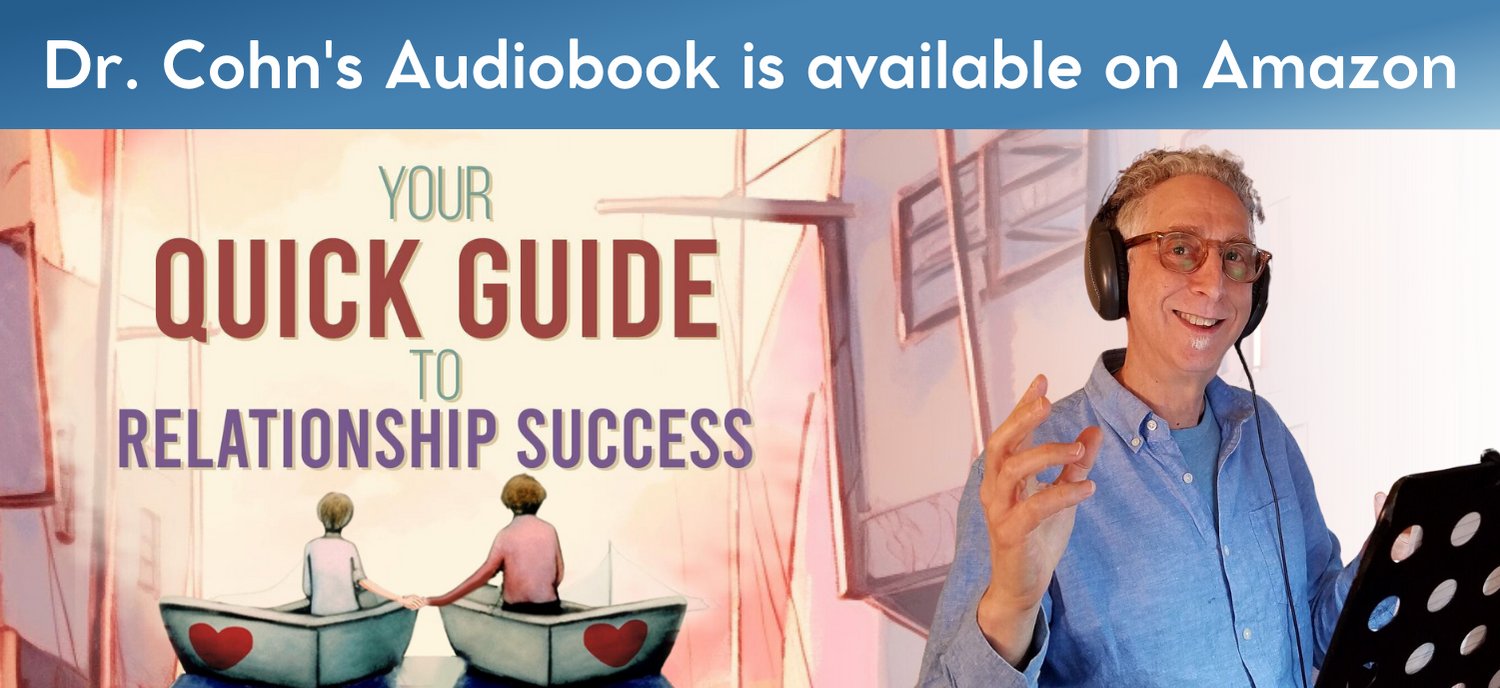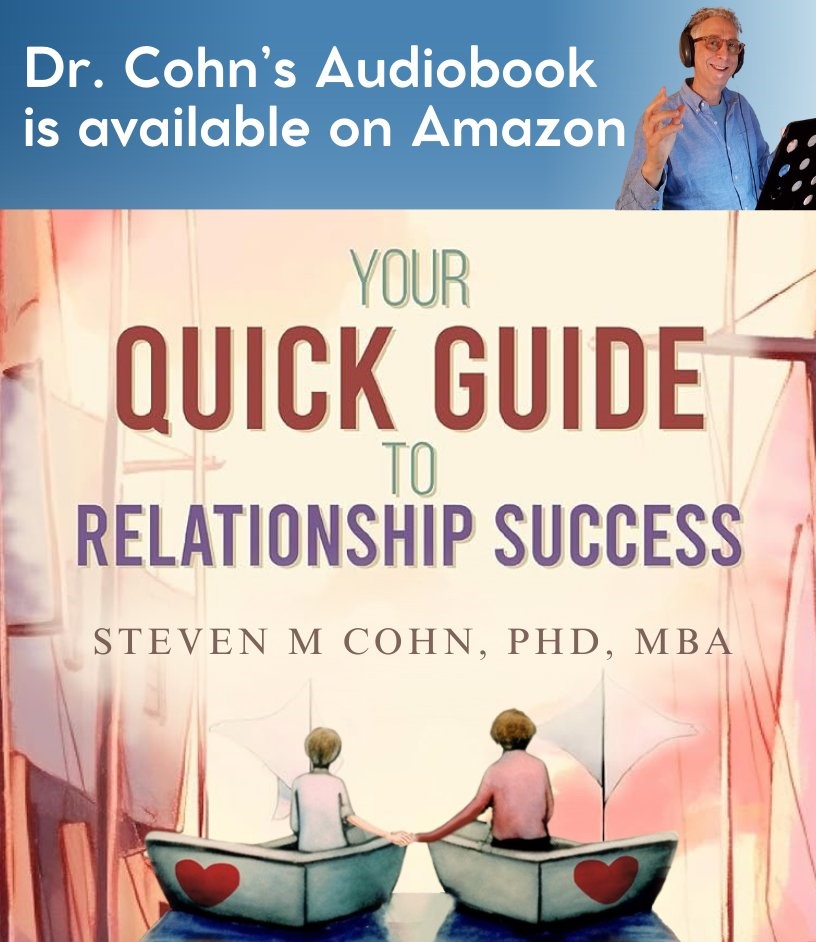- Home
- Infidelity
- Cheating in Marriage
Cheating in Marriage
All Cheating in Marriage Doesn't Look the same
Cheating in marriage can take various forms, and it's important to note that trust and fidelity are essential components of a healthy relationship. Different people may define cheating differently, and cultural and personal beliefs can influence what is considered acceptable behavior in a relationship. Here are some common types of cheating in marriage:
- Emotional Infidelity: This occurs when a person invests emotional intimacy, time, and energy into someone outside of the marriage, forming a strong emotional connection that goes beyond a platonic friendship.
- Physical Infidelity: Physical cheating involves engaging in sexual activities with someone other than one's spouse. This is often what people first think of when they hear the term "cheating."
- Online or Virtual Infidelity: With the rise of technology, cheating can also occur in virtual spaces. This includes engaging in romantic or sexual conversations, sharing explicit photos or videos, or forming emotional connections through social media or online platforms.
- Financial Infidelity: Keeping financial secrets or making significant financial decisions without the knowledge or consent of a spouse can be considered a form of cheating, especially if there is a breach of trust.
- Neglecting the Relationship: Emotional cheating can also happen when a spouse neglects the needs of their partner or the relationship itself. This may involve prioritizing work, hobbies, or other relationships over the marriage.
- Micro-Cheating: This involves engaging in small, seemingly innocent behaviors that can be interpreted as crossing the boundaries of a committed relationship. Examples include flirting, secretive communication, or spending excessive time with someone outside the marriage.
- Substance Abuse or Addiction: If one partner becomes addicted to substances or develops other harmful behaviors that negatively impact the relationship, it can be considered a form of cheating on the commitment to maintaining a healthy partnership.
- Lies and Deception: Constantly lying or deceiving a partner about one's actions, whereabouts, or intentions can erode trust and be considered a form of cheating.
It's important for couples to communicate openly about their expectations, boundaries, and definitions of fidelity within their relationship. If there are concerns or issues, seeking professional help through counseling or therapy can be beneficial in addressing and resolving them. Every relationship is unique, and what may be considered cheating in one may not be the same for another.
Cheating in marriage often includes things other than sexual infidelity. Acts of betrayal such as clandestine spending of household savings and Internet or virtual affairs are also included.(1)
Steven M Cohn, PhD, LMFT
Virtual Marriage and Couples Counseling
Serving Clients Throughout Oregon
503-282-8496

Although some people are reluctant to discuss infidelity in person, online interviews indicate that over 6% of women admit to infidelity each year.(2)
There are many factors that predict when cheating in marriage may happen. Variables such as religiosity, previous sexual experiences, and childhood sexual abuse may all play an important role.(3) The outcome of infidelity seems to depend on the amount of emotional involvement the cheater feels with his or her new partner. When someone feels great emotional intimacy with the person with whom they are cheating, researchers have found five factors: (a) there is greater dissatisfaction in marriage intimacy prior to the affair, (b) a more gradual onset of attraction to the new partner, (c) lower remorse regarding the involvement, (d) a greater likelihood of the marriage partner finding out about the affair, and (e) a greater chance of divorce after discovery.(4)
Some of the causes of cheating in marriage have been identified as disenchantment and boredom. Couples' sex lives change dramatically as a marriage ages and children enter the picture. Job or other outside events may lead to stress in the bedroom. What once was exciting and new often becomes a chore. Some who are involved in cheating in marriage are simply looking for the thrill that comes with a new lover.
When that is the case, some relationship therapists recommend that you tell your partner that your needs are not being met, and together come up with solutions to re-ignite the sizzle in your sexual relationship. Although it is hard to talk about sexual fantasies, it may just be the key that saves your marriage.
When you have discovered cheating in marriage, what should you do? Some therapists recommend using a Modified Infidelity Debriefing Process. This strengths-based process combines solution-focused interventions and has been used with couples who have experienced recent infidelity disclosures.(5)
Communication is an often-overlooked important first step. Plus, many other factors can help you keep your spouse from straying. Performing small, meaningful (often inexpensive) gestures will show your spouse that you care. Fixing dinner when the family's primary cook has to work late or doesn't feel well can provide a wonderful boost to any relationship because it shows you are attuned to your partner's needs.
Other ideas include helping your spouse achieve his or her goals, recognizing and celebrating the good times in your relationship, and keeping the relationship fresh by trying new activities and being spontaneous. It is important to remember that building a strong marriage, just like building a strong house, takes effort. If you are willing to put forth the time and energy, you may find that you never have to face the consequences of cheating in marriage.
End Notes
(1)Zola, Marc F. Beyond Infidelity-Related Impasse: An Integrated, Systemic Approach to Couples Therapy. Journal of Systemic Therapies 26(2): 25-41. Summer, 2007.
(2)Whisman, Mark A. and Snyder, Douglas K. Sexual Infidelity in a National Survey of American Women: Differences in Prevalence and Correlates as a Function of Method of Assessment. Journal of Family Psychology 21(2): 147-154. June, 2007.
(3)ibid.
(4)Allen, Elizabeth, S. and Rhoades, Galena K. Not All Affairs are Created Equal: Emotional Involvement with an Extradyadic Partner. Journal of Sex and Marital Therapy 34(1): 51-65. January, 2008.
(5)Juhnke, Gerald A., Coll, Kenneth M., Evans, Marcheta, Sunich, Michael F., Hansen, Konyi D., and Valadez, Albert. A Modified Infidelity Debriefing Process for Couples Who Have Recently Experienced Infidelity Disclosure. The Family Journal 16(4): 308-315. 2008.
As a Relationship Specialist, Steven Cohn, PhD, works with marriages and couples from all over Oregon including these cities, towns, and suburbs: Portland, West Linn, Dunthorpe, Pearl District, Bethany, West Hills, Irvington, Lake Oswego, Alameda, Bend, East Moreland, Salem, Ashland, and Medford.
And these Oregon zip codes: 97034, 97219, 97212, 94501, 94502, 97229, 97840, 97451, 97106, 97068, 97221, 97140, 97035, 97036
Share
Follow

Steven M Cohn, PhD is honored to have been featured on CNBC.com.

Steven M Cohn, PhD is pleased to have been featured on Koin 6 Television: "Boost In The Bedroom."

Steven M Cohn, PhD is pleased to have been featured on both KATU.com and KATU Channel 2 Television.

Steven M Cohn, PhD is pleased to have been featured on Oregon Live "Why Oregon's Latest Divorce Statistics May Be Divorced From Reality"

Steven M Cohn, PhD, MBA, LMFT has been named one of the top three marriage counselors in Portland, Oregon three years in a row by the non-profit organization Three Best Rated
Did Your Husband, Wife, or Intimate Partner Cheat on You?
Don't let infidelity, an affair, or a one-night stand destroy your relationship.
With professional intervention it is often possible to work through the pain of betrayal and come out stronger on the other side.
Steven Cohn, PhD is a seasoned Relationship Specialist with extensive experience in working with couples struggling to recover after an affair.
503-282-8496


